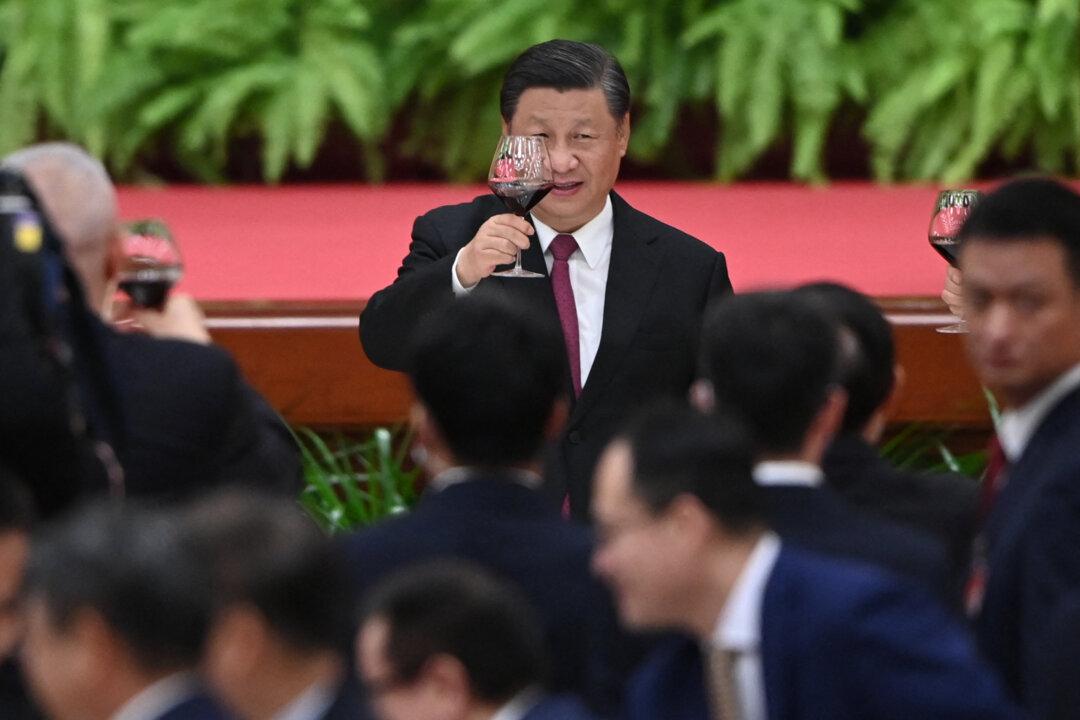News Analysis
Following a three-day plenary session, the Chinese Communist Party (CCP) leadership on Nov. 11 announced the passage of a historical resolution touting the “political achievements” of General Secretary Xi Jinping, in addition to the “major achievements and historical experience” of the CCP over its 100-year history.




